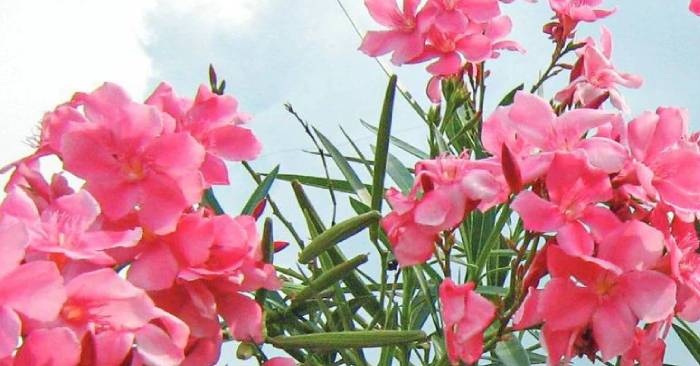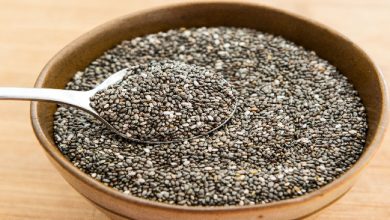Potential Ban on Arali Flowers in Temples Following Fatal Poisoning Incident

The use of Arali flowers (Nerium oleander) in temple rituals across Kerala might soon face a ban, pending investigations into the presence of fatal poisonous elements in the flower. The Travancore Devaswom Board is considering this action following the tragic death of Surya Surendran, a 24-year-old woman from Harripad. Surya reportedly collapsed at Cochin International Airport and later passed away while undergoing treatment at a hospital in Parumala after allegedly consuming the leaf and flower of Arali.
Travancore Devaswom Board’s P S Prasanth highlighted that if Surya’s postmortem report confirms the presence of Arali poison as the cause of her death, the use of the flower will be ceased in all 1,252 temples under their jurisdiction. The matter is being taken seriously, with plans for discussions involving the Health Department and temple authorities to determine the potential risks posed by the flower to devotees.
M R Murali, president of the Malabar Devaswom Board, echoed similar sentiments, indicating a collective concern among temple authorities regarding the safety of using Arali flowers in rituals. Notably, some temples, like the Guruvayur temple, have already refrained from using Arali flowers, while restrictions have been imposed at others, such as the Triprayar temple.
Reports suggest that investigations have revealed the presence of poisonous substances in various parts of the Arali plant, including the flowers, leaves, and roots. Additionally, it has been observed that a significant portion of Arali flowers used in Kerala temples originates from Tamil Nadu. As authorities delve deeper into the matter, the potential ban on Arali flowers underscores the paramount importance placed on ensuring the safety and well-being of devotees participating in temple rituals across the state.






